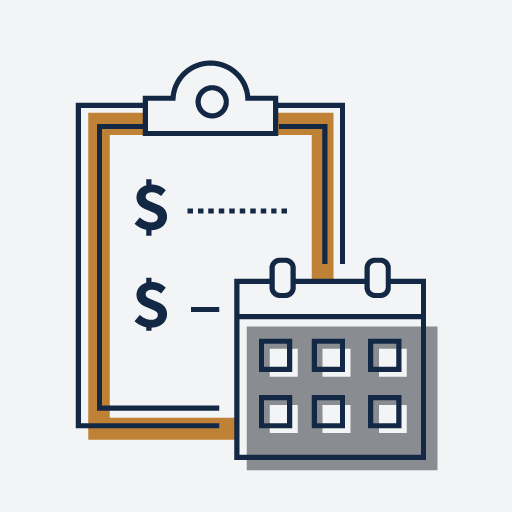
Can You Make Retirement Planning…Easier?
We often talk about building a retirement plan that allows you to sleep well at night, free from the worry of the markets, economy, and scary headlines. And while this will continue to be our goal as retirement planning professionals, what about actual sleep habits?
If you’ve ever been to leadership training, you know that’s where you’ll find some of the most intense success-oriented people around. These sessions are often filled with big ideas, game-changing revelations, and compelling strategies, all of which are designed to inspire greater success as a leader.
Almost paradoxically to high-octane leadership, one of the speakers at these trainings, Dr. Travis Bradberry, urges attendees to slow down for a moment and revisit our respective sleep habits. He calls it, “cleaning up your sleep hygiene.” He offers three ideas for sleeping better and becoming a more rested, more effective person, and thus a more effective leader.
Dr Bradberry’s three ideas for higher quality sleep were:
- Limit caffeine intake. Caffeine is not terrible but should be limited to earlier in the day (try to avoid after noon) for better sleep results.
- Reduce or eliminate blue light exposure after dinner. You’ve likely heard that our screens (computer, iPad, phones, etc.) emit high levels of blue light that tricks our brain into thinking it’s morning, when blue light is naturally present. The effect of blue light in the evening is to reduce sleep quality.
- Never, ever take a sleep aid. He warned against ever taking a sleeping pill because of the ease in which we become dependent on it for sleep, which chemically alters our body’s ability to resume normal sleep patterns.
While all of these are helpful ideas, it’s the sleeping pill warning that is most troubling. After all, who doesn’t want the ability to simply take a pill and make the problem go away? To limit caffeine and reduce screen usage after dinner take some effort, but a pill seems almost magical. Now you’re telling me that it has long-term side effects?
When it comes to retirement planning, taking a pill to make it easier would be nice. A pill could certainly simplify the process required to ensure a successful retirement, but what would a pill look like? What would it actually accomplish?
Decades ago, there was a retirement pill, of sorts. It was called a pension. When a person completes their 30 years of service to their company, that company thanked the employee by sending a check every month for the rest of the employee’s life. It doesn’t get much easier than that! (Except for the 30 years of labor part.)
Today, retirees are met with a series of steps that can seem daunting. When completed successfully, these steps can have the same effective result as the ‘pension pill’ but sometimes feel more like ‘reduce–your-caffeine’ levels of effort.
Five steps toward a successful retirement are:
- Maximize Social Security Income – choose the most appropriate timing and strategy for claiming Social Security benefits.
- Maximize Pension Benefits – yes, some retirees still have pensions, but the number of those who do is falling as are the amount of pension checks, as a percentage of the average retiree’s income.
- Secure Essential Retirement Income – when a retiree’s income need exceeds that of their Social Security and pension income, they must convert a portion of their nest egg into income. Choosing to do this using guaranteed income products or with risk-based investment assets can result in two very different retirement income plans.
- Appropriately Invest Discretionary Assets – for the retiree who has money in excess of that which is needed to fund essential expenses, the ‘surplus’ or ‘discretionary’ assets should be invested either with an income approach or with a growth approach.
- Fund Long Term Care & Health Care Cost – an unfortunate reality of retirement is the fact that aging results in declining Since declining heath results in increased health care and nursing care expenses, a robust retirement plan should include some protection from the rising costs of health and nursing care.
The days of the ‘pension pill’ have long since passed, and the burden of retirement success is now on the individual. This means retirees are now required to put effort into retirement planning that is on par with monitoring caffeine intake and limiting time in front of blue screens in order to ensure retirement success.
Since no magic pill exists to make retirement planning easier for retirees, the process is more important than ever. The upside of a well-built retirement plan is the benefit of being able to sleep well at night, regardless of what happens in the stock market or with the upcoming presidential election. So in effect, we’ve added one more option to better sleep hygiene that Dr. Bradberry may have missed: retirement planning. Do it well, sleep well. I’m no doctor, but it’s my best contribution to your sleep-filled nights.

